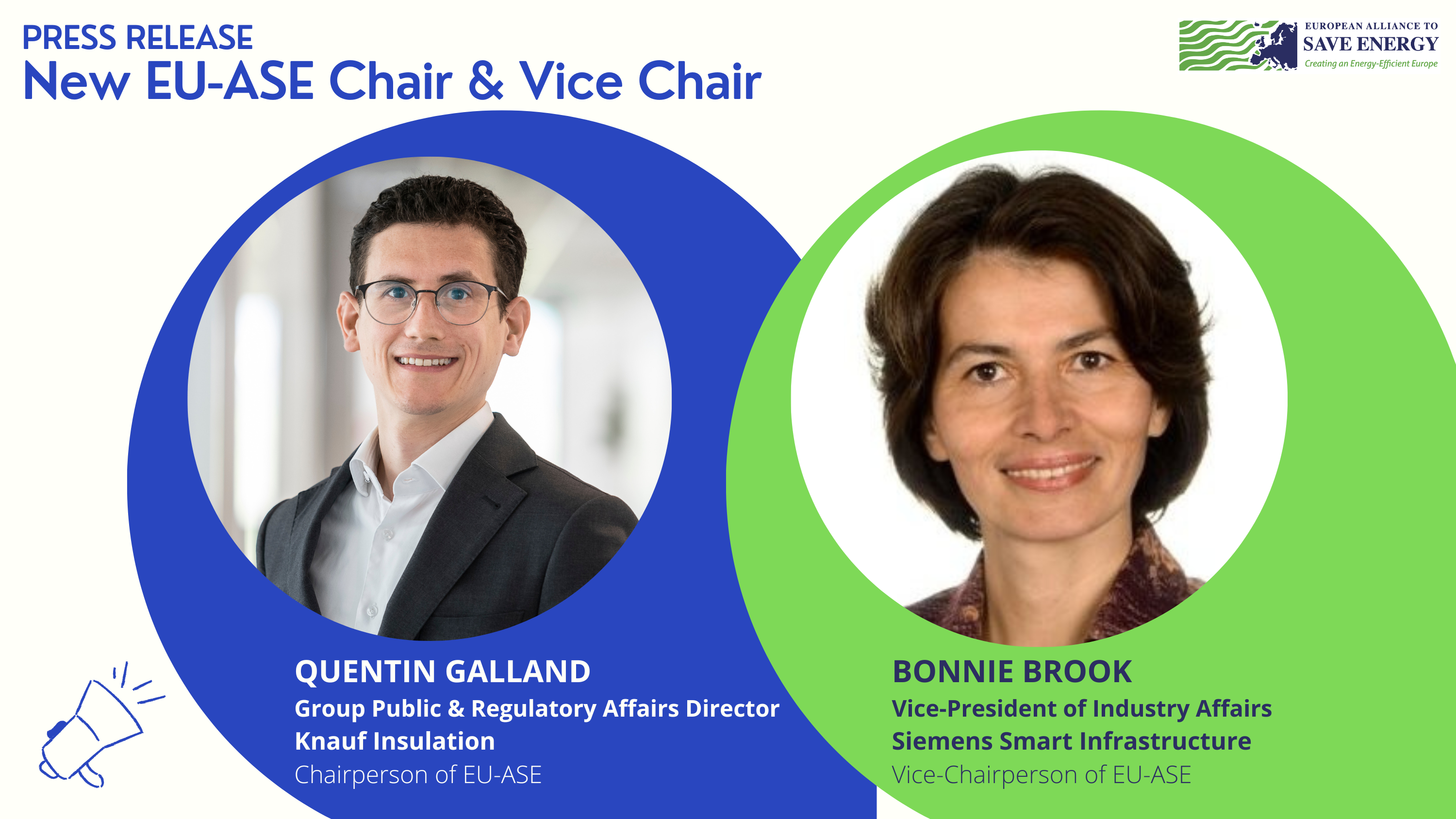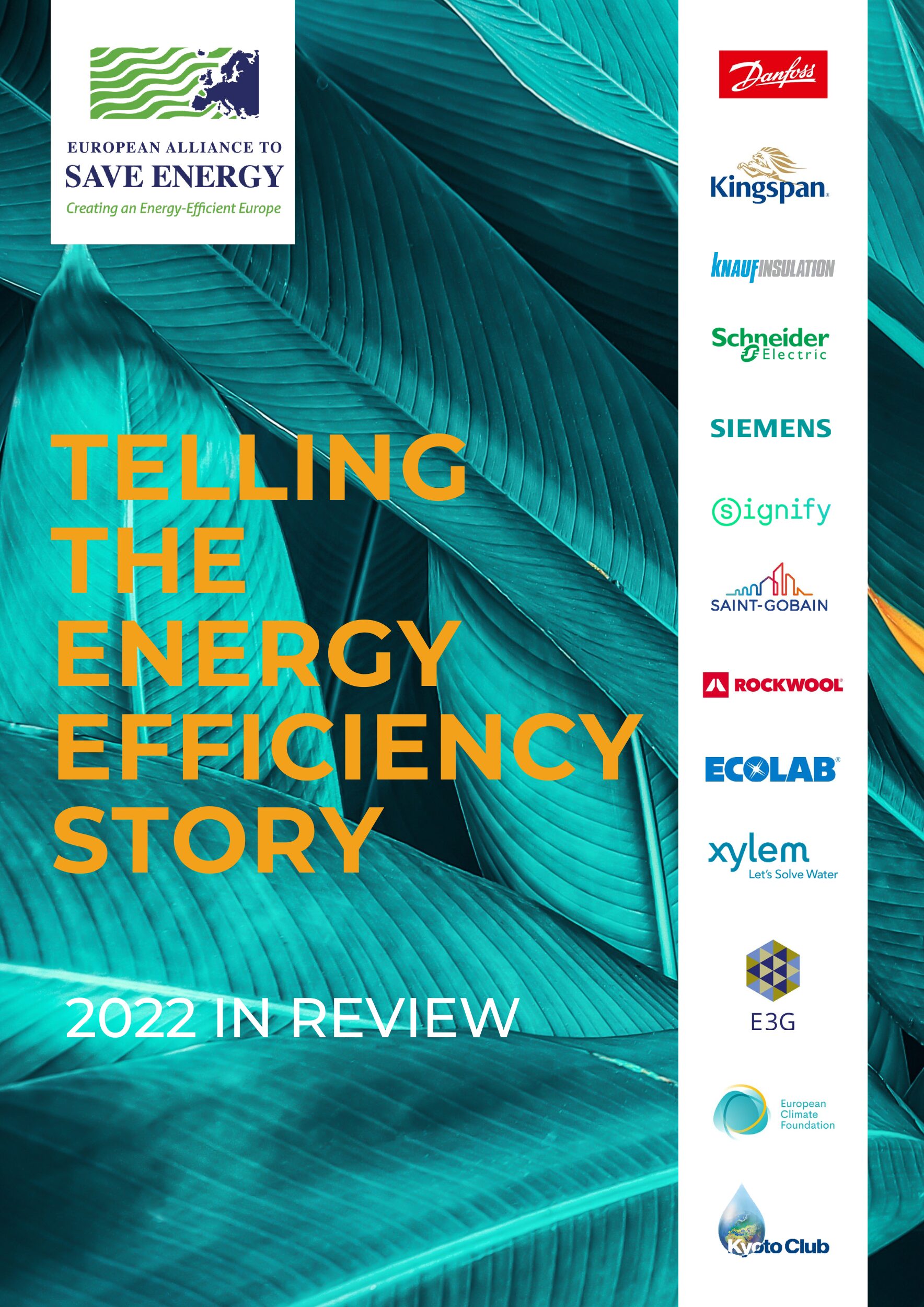Doing more with less: Increase energy efficiency & reduce carbon intensity of wastewater treatment plants
The European Alliance to Save Energy (EU-ASE) welcomes the European Commission’s proposal for a recast of the Urban Waste Water Treatment Directive (UWWTD). This document gathers our inputs to the co-legislators that are due to negotiate and finalise the draft proposal in the next months.
The UWWTD played a substantial role in improving water quality and tackling high pollution levels in water bodies throughout decades. In 2021, we called for an update of the over 30 years old UWWTD because we were convinced it could be improved to better address some of today’s most pressing challenges such climate change, resource scarcity, increased energy prices and population growth.
The recast proposal of the European Commission is the right step towards a more comprehensive, efficient and sustainable wastewater treatment. Nonetheless, we see room for improvement to further enhance energy efficiency, the recovery and use of excess heat, digitalisation, data analytics and water reuse.
Monica Frassoni, President of EU-ASE states: “In the current water and energy crisis, we must take all the possible actions to drive substantial water and energy savings, reduce emissions and increase the competitiveness of European industry. The revision of the Urban Wastewater Treatment Directive is key in this perspective. We call policymakers to apply the energy efficiency first principle. We have the technologies to reduce waste water treatment plants’ energy consumption, recover and use excess heat, reuse water and gradually make water treatment plants energy positive.”




